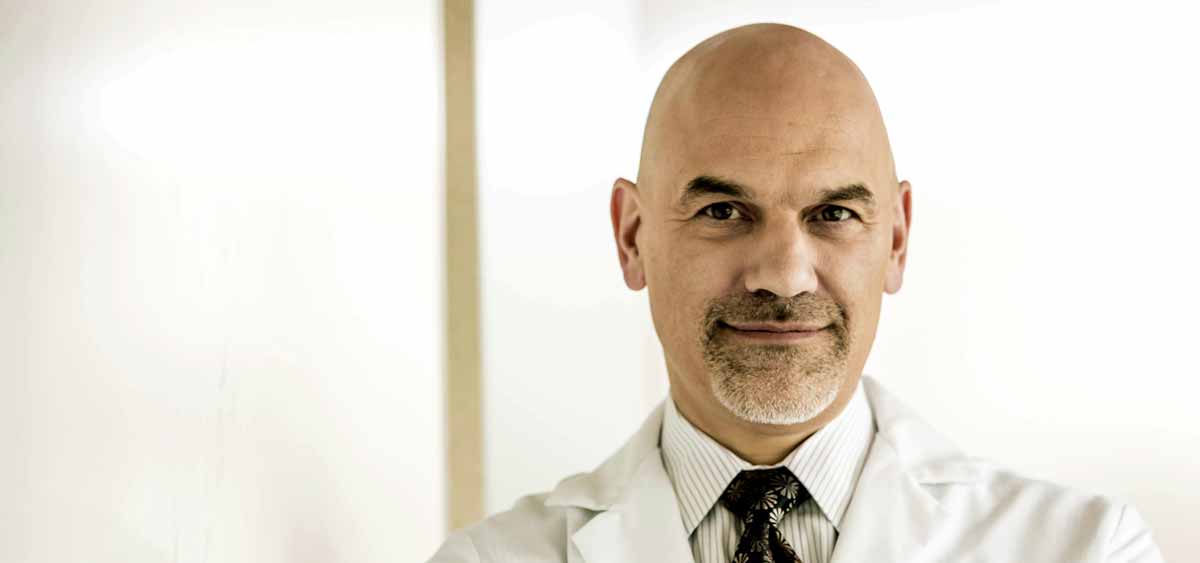
PHILADELPHIA (January 7, 2020) – Using data from the largest national adjuvant clinical trial in kidney cancer conducted to date, researchers at Fox Chase Cancer Center have developed a novel classification system for local recurrence after surgery for renal cell carcinoma.
The ASSURE trial was designed to test two different adjuvant antiangiogenics administered after resection of localized high-risk kidney cancers. Unfortunately, the study showed neither of these therapies reduced the risk of recurrence compared to placebo.
However, access to this large amount of data prompted Robert G. Uzzo, MD, MBA, FACS, chair of the Department of Surgical Oncology at Fox Chase and a member of the Molecular Therapeutics Program, and his colleagues to attempt to better define local disease recurrence and how often it occurs after surgery.
“When people use the term ‘local recurrence,’ everyone uses it differently,” Uzzo said. “We developed a framework for people to define what local recurrence means, and then we looked to see whether local recurrence is associated with better or worse survival.”
The classification system splits local recurrence into four types:
- Type I is a single recurrence in remnant kidney of ipsilateral renal fossa;
- Type II is a single recurrence in ipsilateral vasculature, ipsilateral adrenal gland, or lymph node;
- Type III is a single recurrence in other intra-abdominal soft tissues or organs; and
- Type IV is any combination of Types I-III or multiple recurrences within a single type.
Uzzo said their analysis revealed that local recurrences were much more common than originally thought. In the almost 2,000 patients from the trial, about 15 percent had local recurrence of their cancer after surgery. The type of surgery–partial versus total nephrectomy–did not predict the likelihood of survival. Instead, the type of recurrence did. Of the cancers that recurred, 22 percent were Type I, 32 percent were Type II, 29 percent were Type III, and 17 percent were Type IV. Both five-year cancer-specific survival and overall survival were worse among patients with Type IV local recurrence.
“In the literature, when people communicate and research local recurrences following surgery, they are often talking about very different biologies,” Uzzo said. “We are encouraging people now to be specific about how they define local recurrence and, potentially, use our framework as an objective way to understand survival data.”
The paper, “Local Recurrence Following Resection of Intermediate-High Risk Non-Metastatic Renal Cell Carcinoma: An Anatomic Classification and Analysis of the ASSURE (ECOG-ACRIN E2805) Adjuvant Trial,” was published in The Journal of Urology.